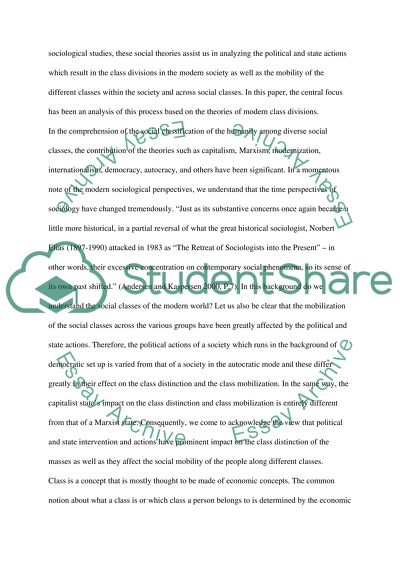Cite this document
(“Social Class Master Essay Example | Topics and Well Written Essays - 1750 words”, n.d.)
Retrieved from https://studentshare.org/sociology/1522464-social-class-master-essay
Retrieved from https://studentshare.org/sociology/1522464-social-class-master-essay
(Social Class Master Essay Example | Topics and Well Written Essays - 1750 Words)
https://studentshare.org/sociology/1522464-social-class-master-essay.
https://studentshare.org/sociology/1522464-social-class-master-essay.
“Social Class Master Essay Example | Topics and Well Written Essays - 1750 Words”, n.d. https://studentshare.org/sociology/1522464-social-class-master-essay.


